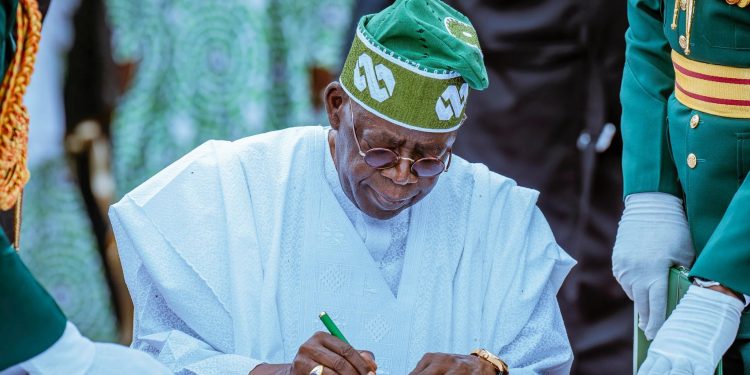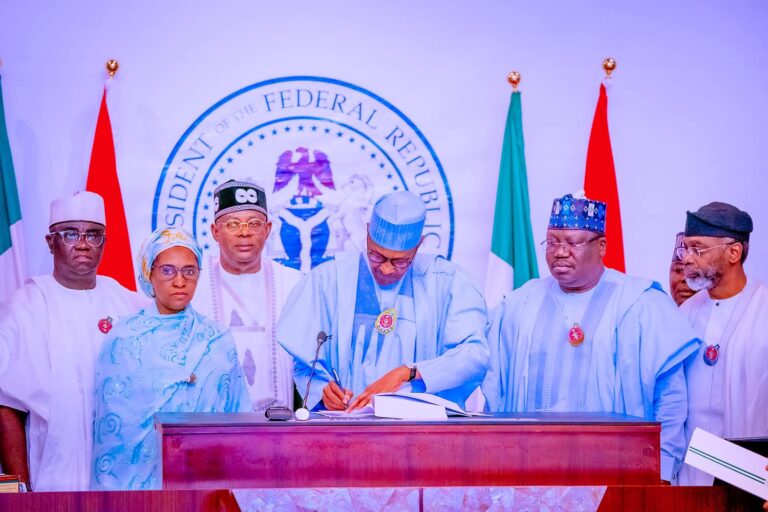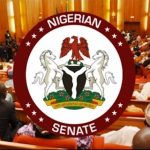The Nigerian Senate is expected to approve President Bola Tinubu’s loan request for $2.2 billion (about N1.77 trillion). This loan, part of the external borrowing plan for the N28.7 trillion 2024 budget, aims to partially finance the N9.7 trillion budget deficit for the upcoming fiscal year.
In letters addressed to the Senate and House of Representatives on Tuesday, Tinubu highlighted the critical need for the loan to ensure the smooth execution of the 2024 fiscal plan. After the letter’s presentation, Senate President Godswill Akpabio directed the Senate Committee on Local and Foreign Debts to evaluate the request and submit their report within 24 hours.
Akpabio stated, “The Presidential request for $2.2 billion, equivalent to N1.77 trillion, is already enshrined in the external borrowing plan for the 2024 fiscal year. The Senate Committee on Local and Foreign Loans should give the request expeditious consideration and report back within 24 hours.”
Medium-Term Expenditure Framework Submitted
President Tinubu also presented the Medium-Term Expenditure Framework (MTEF) and Fiscal Strategy Paper (FSP) for 2025–2027 to the National Assembly. These documents form the foundation for the proposed N47.9 trillion 2025 budget.
Key parameters in the MTEF/FSP include:
– A $75 oil price benchmark per barrel
– Daily oil production target of 2.06 million barrels
– Exchange rate pegged at N1,400 to $1
– GDP growth target of 6.4%
Akpabio tasked the Senate Committee on Finance, National Planning, and Economic Affairs with reviewing the framework and reporting back within a week.
Social Investment Programme Amendment Bill
In a related move, Tinubu also introduced the Social Investment Programme Amendment Bill, seeking to improve the implementation of social welfare programs through greater transparency and efficiency.
The proposed amendment would designate the National Investment Register as the primary tool for identifying beneficiaries of social welfare initiatives. Tinubu emphasized that the changes aim to make the programs more data-driven and impactful.
Tinubu says, “The amendment will make our social and welfare programs more transparent, efficient, and impactful in addressing the needs of vulnerable Nigerians.”
The bill, submitted under Section 58(2) of the 1999 Constitution (as amended), was referred to relevant Senate committees for review, with deliberations expected in future sessions.
This legislative activity underscores the Tinubu administration’s commitment to leveraging technology and financial strategies to address Nigeria’s economic challenges, combat poverty, and support the country’s most vulnerable citizens.










